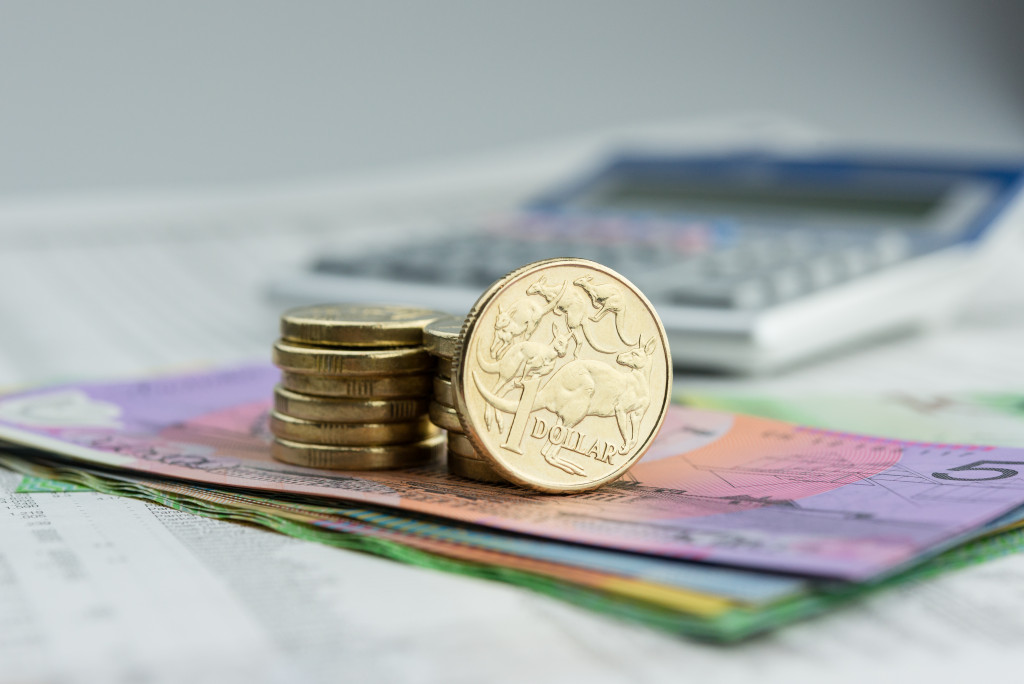The COVID-19 pandemic was a wake-up call for many of us, regardless of our lifestyle, how we live, and how we spend and save our money. With many people facing unemployment and pay cuts, financial management has never been more important. Many are also taking investments seriously by involving themselves in stock trading or digital currencies through a central bank digital currency (CBDC) sandbox or workshop.
Whatever situation the pandemic left you in, it’s important to look back and consider how much we’ve learned in surviving the pandemic. With that in mind, here are some essential money lessons the tumultuous year taught us.
Reevaluate your financial plan and potential risks
The first and most important financial lesson we should learn from the pandemic is learning to prepare for future economic crises. You have to know how your current financial plan has helped you survive the past year. If you don’t have one, now is the time to create one for your future.
Having a financial plan means understanding things can potentially go wrong. To create one, you must first understand your current financial situation, how you survived the pandemic, and review the tools and strategies you depended on. This process may include considering how your savings fared last year, setting new target savings, and knowing whether your current emergency fund was enough to cover the expenses.
Still, those in better career and financial situations during the pandemic shouldn’t be too overconfident. The impact incurred by the pandemic on people varies in unique ways. Many suffered from severe financial disturbances while others discovered new financial opportunities. Those who didn’t have any financial disruptions should also consider what could actually happen if they did. This can make a big difference in testing their preparedness for the next economic crisis.
Always prepare for emergencies
Another clear lesson from the pandemic is that more people should work harder to create an emergency fund. It should be accessible enough (kept in a savings or checking account) to reduce the need for unexpected spending cuts when faced with temporary blows to your income.
Although an emergency fund won’t make up for long-term disruptions, such as job loss, it somehow alleviates the financial impact of short-term economic crises. For example, most employees were granted leave of absence for many weeks, while states required nationwide closures of business establishments.
When it comes to long-term unemployment, you have to wait for several weeks before receiving the benefit check. The waiting period can be very stressful if you don’t have an emergency fund to lean on. In this case, having a month’s worth of accessible savings will prevent the need to make distressing spending cuts or apply for loans with high-interest rates to cover basic expenses and required payments.

Diversify your investments
The market drop during the pandemic has taught us about the importance of diversifying our investments. This means not putting all of our money in one basket in case the other one gets upset. It’s either your investments go well, or you risk losing everything.
In the last year, we saw some investments went considerably wrong than others. For instance, mining companies fared a little better than transportation companies, such as airlines. Some investments have different characteristics in the form of dividends and incomes, while others have less volatility by nature, such as technology shares and utilities.
Spreading your investment funds across different types of investments reduces the chance of equally harming your investments during an economic event.
Stay away from high-interest debt
Personal loans and credit cards are a form of high-interest debt, which can be financially harmful even if you receive a regular paycheck. The damage incurred by these can increase several folds, especially if you lose your job. If you can’t pay before the deadline, the interest rate piles up, increasing the debt amount.
In addition, getting out of such a type of debt takes a lot longer than you imagined. So, it’s better to stay away from such debt with a high-interest rate. If you have a credit card, stick to the old rule by spending only on expenditures you can pay for that month.
Severe spending cuts, job losses, and other financial disruptions caused by the pandemic have forced many of us to live on a strict budget. While it has been a challenging year, the pandemic was a huge eye-opener regarding how we handle our finances. It has taught us to foster healthy financial habits and manage our money wisely.
Although the points we discussed above have already long existed before the pandemic, the best we can do is to learn from them.



